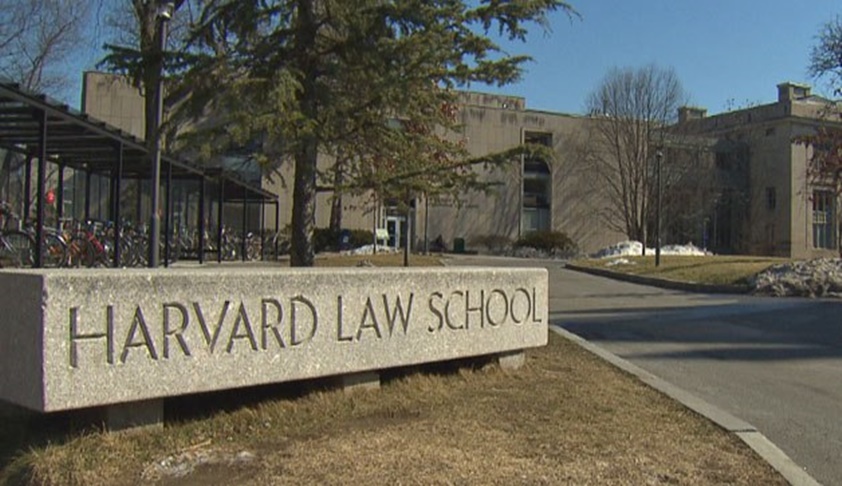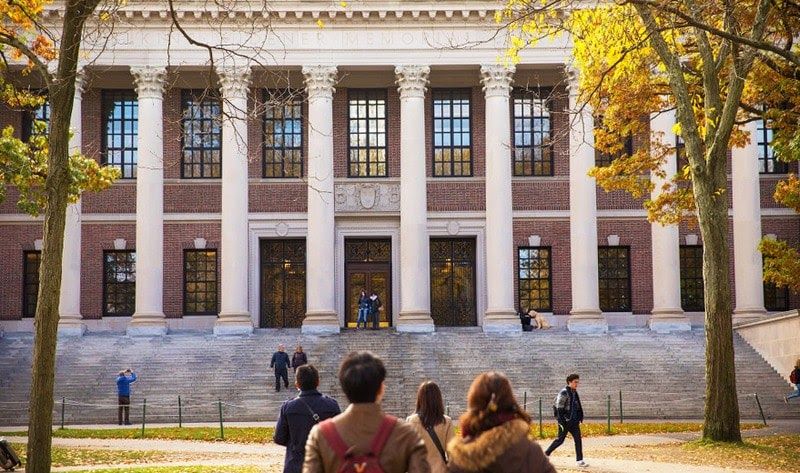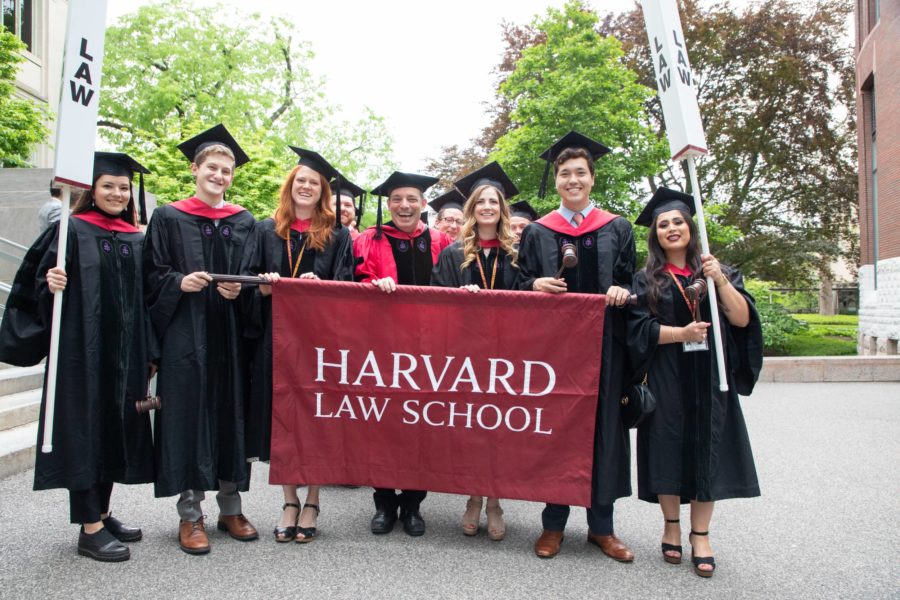You are eligible to apply for a JD degree at Harvard Law school, only once you have acquired a bachelor’s degree by the month of august of the year you intend to enrol for the program. Starting in the fall semester every year, it’s a 3-year, full-time course and its degree cannot be achieved through part-time or summer programs. The first step towards applying to HLS is registering yourself with the Law School Admission Council (LSAC) and taking part in the Credential Assembly Service (CAS). In case your bachelor’s degree was obtained outside the United States, Puerto Rico or Canada, it may not be eligible for LSAC’s Credential Assembly Service, hence you must have your official university transcripts sent directly to LSAC. One should also identify themselves as a foreign-educated student.
A standardized test score i.e., LSAT or GRE is an essential part of your application. The LSAT is administered multiple times per year while GRE is administered year-round. LSAC reports all LSAT test scores from the past five years to the Admissions office without fail. Once your application is received and processed, HLS will solicit your CAS report incorporating LSAT score(s), academic transcripts, LSAT writing sample(s) and letters of recommendation. Applicants who choose to take the GRE must request the Educational Testing Service (ETS) to send HLS all GRE test scores from the preceding five-year period. To give equal weightage to both the exams, in the requirements for the LSAT and GRE results, applicants must also submit all valid GRE test results from the last five years as well. The Admissions Committee takes into account all the score of LSAT or GRE submitted as a part of your application.
Generally, the applications open in mid-September every year with the priority deadline being February 1st. The applications close by March 1st. The only benefit of applying within the priority period is that you’ll receive a decision by April 1st whereas the ones submitted after the priority time span will get the final decision by May 1st. The university takes into consideration applications from all undergraduate majors. No pre-legal education is mandatory. Harvard Law School also provides joint degree programs with various colleges like the Harvard Business School, the Harvard Kennedy School of Government, the Harvard Graduate School of Design and Cambridge University, Faculty of Law.

Admission decisions are taken based on experienced judgement applied to individual cases and dimensions like concern for the welfare of others, energy, ambition, sound judgement and high ideals. Additional materials like transcripts, letter of recommendation and test scores can be electronically submitted to LSAC even after the submission of the application and will be added to your file and reviewed by the Admissions Committee. At least two letters of recommendation are required to be submitted by each applicant. A letter from your past professors, advisor, employers or others who have worked closely with you should be electronically sent to LSAC. Please note that no such additional documents will be accepted once the final decision has been made.
You will also be required to send a personal statement addressing how your experiences, prior education and strengths could add to the Harvard legal community. It’s an opportunity for you to talk about your intellectual and cultural milieu. It should be limited to two pages, with 1-inch margins and double spacing, minimum 11-point font. On the other hand, the optional statement, as the name suggests is not pertinent but will help you give a better idea of how you as a student at Harvard Law School could contribute to its community. It should ideally be of one page, double-spaced and a minimum 11-point font.

To calculate the total cost i.e. living expenses as well as tuition fee for the current year, one should refer to the Standard Student Budget. Instead of merit-based scholarships, Harvard Law School solely provides need-based scholarships and financial aid. Domestic and international students are equally eligible to obtain financial assistance throughout the 3-year program. The Low Income Protection Plan assists the students by providing full-time jobs in government, academia or law-related jobs in the private sector for the repayment of their educational loans. You can seek financial aid only after an offer of admission is secured.
For more information:
617-495-3179

– Aishwarya Ojha






